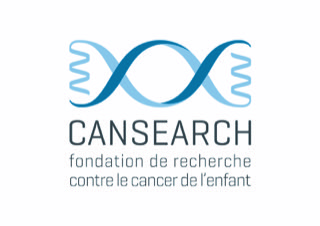g) CsA Project
Cyclosporine (CsA) is a cyclic immunomodulatory polypeptide with immunosuppressive properties. It is an inhibitor of calcineurin, used in pediatric patients undergoing hematopoietic stem cell transplantation to prevent graft-versus-host disease (GvHD).
Close monitoring of CsA residual levels is crucial due to its narrow therapeutic window, interindividual variability, and drug interactions. Factors that can influence CsA pharmacokinetic parameters include patient age, sex, weight, various clinical variables such as renal and hepatic function, type of transplanted organ, concomitant medications, and diet. CsA overdose can lead to kidney failure, hypertension, and neurological disorders. Conversely, underdosing can result in GvHD.
CsA is metabolized by the cytochrome P450 CYP3A, especially CYP3A4 and CYP3A5, and is transported via P-glycoprotein (ABCB1). Several single nucleotide polymorphisms (SNPs) have been identified in genes encoding CYP3A4, CYP3A5, and P-glycoprotein, including CYP3A4 -392A>G rs2740574, CYP3A5 6986A>G rs776746, ABCB1 3435C>T rs1045642, ABCB1 1236C>T rs1128503, ABCB1 677T>G/A rs2032582, and ABCB1 IVS49+21C>T rs2032583. Currently, we have included 62 patients from Saint Justine Hospital in Montreal, Canada, with genetic data. In preliminary results, we observed an association between CsA pharmacokinetics (PK) administered orally and the occurrence of GvHD. We also observed a correlation between CsA PK administered orally and ABCB1 SNPs rs1128503, rs2032582, and rs1045642, as well as between CsA PK administered intravenously and ABCB1 SNP rs1045642.
